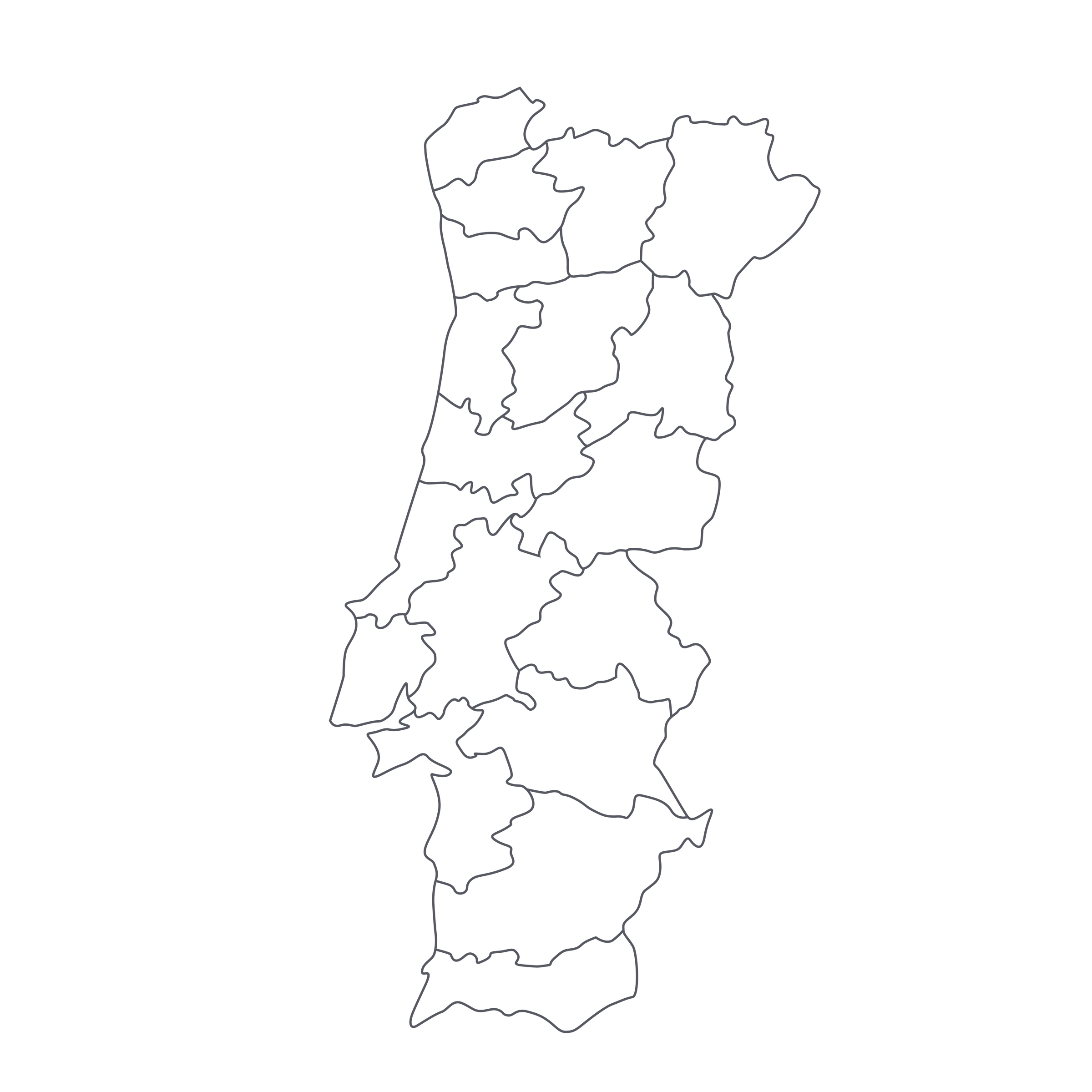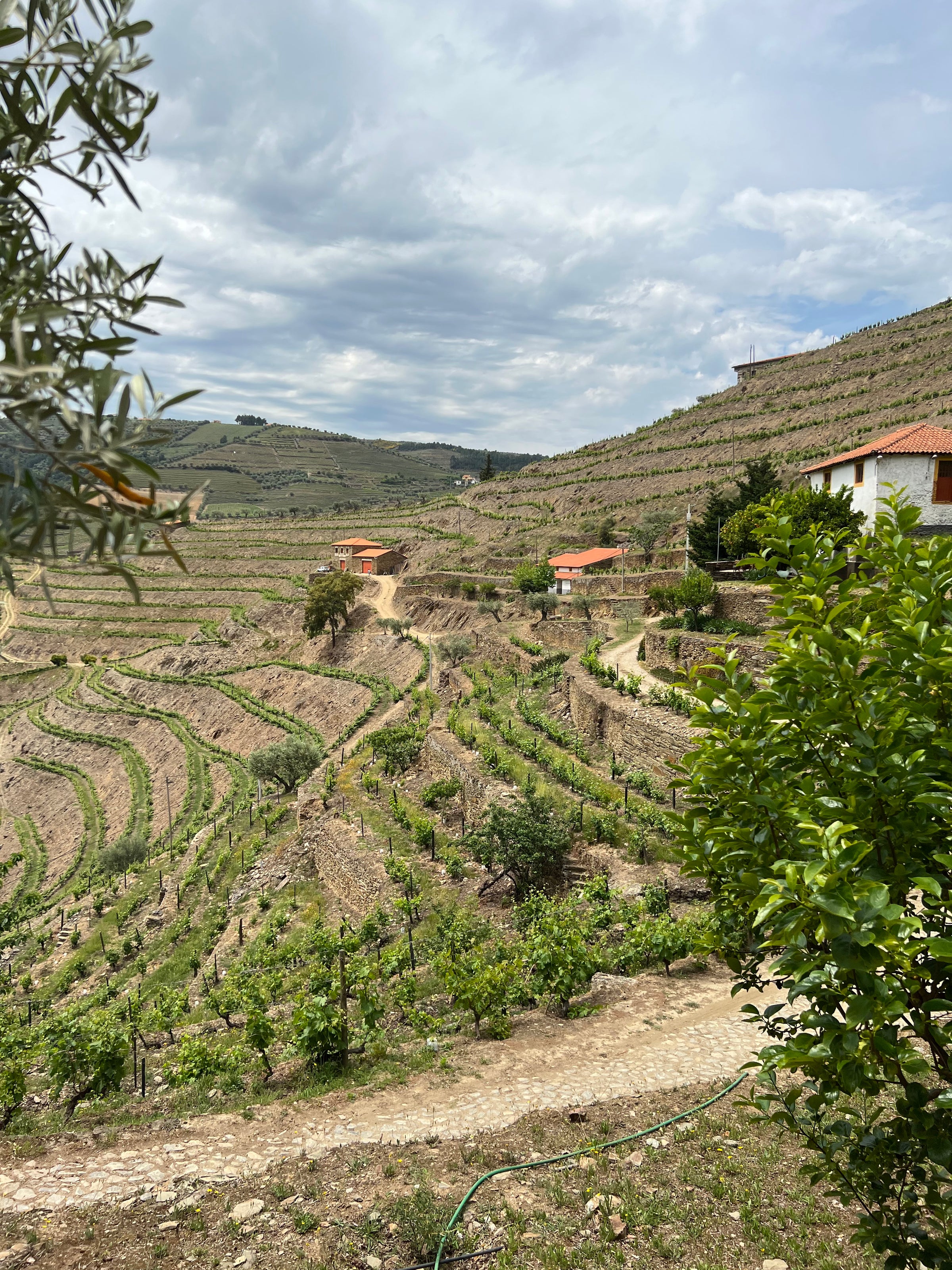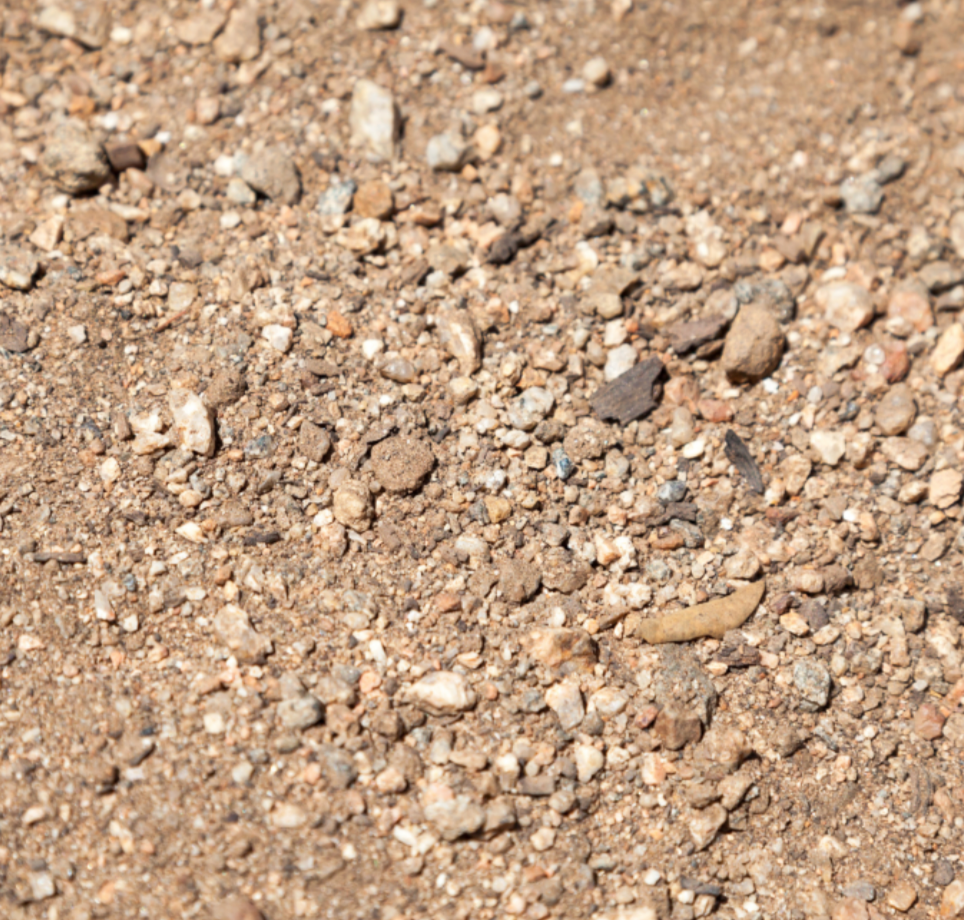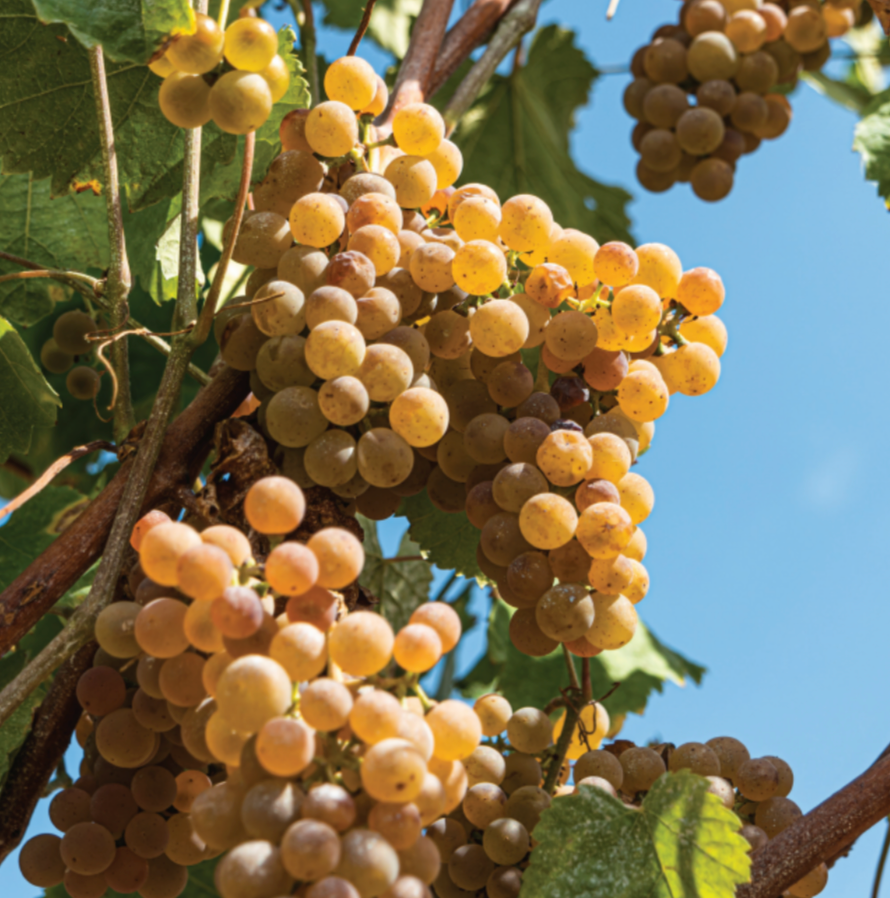This region’s powerful landscape invigorates the soul with views of steep vineyards that wind along the bluffs above the massive and breathtaking Douro River. Tightly planted vineyards sit on hillsides with slopes so steep, it’s hard to image vineyard teams tending to the vines safely. Yet somehow, they do, and the wines that are produced from these vines can be incredible. In this beautiful valley, Niepoort has been making enchanting Port and luscious still wines of tremendous quality for many years. Although the fifth generation of the Niepoort family is currently running the estate, their ancestral winegrowing and winemaking history in the Douro Valley dates back to 1842. Dirk van der Niepoort and his sister Verena have been in charge since 2005, and their 2012 Redoma Branco is a beautiful example of the high quality wine they produce with a strict biodynamic and organic approach to farming—which seems to bring incredible energy and life to their line-up of wines, whereas the wines of their neighbors in the valley can seem flat and soulless.
The brother and sister duo maintain the ancient winemaking traditions of the family, respecting their father’s wishes, but have also made significant improvements to their vineyard practices. The steeply planted vineyards are now tended to with a serious focus on understanding soil types and terroir. Dirk has increasingly pushed the vineyard team to listen to the vines and respect the terroir—keeping a natural balance between the land, the vines and the people who tend to them. The vineyards that produce the indigenous grape varieties for the 2012 Redoma Branco are forty to eighty years old, consisting of Rabigato, Códega, Viosinho, Arinto and others indigenous varieties. They are planted in two vineyard parcels in the Douro Valley at 1,300-2,220 feet elevation, in mica schist soil—the Quinta de Nápoles and Pinhão vineyards; this soil type provides excellent texture combined with freshness and minerality on the palate, which harkens to the great white wines of Burgundy. When it comes time to harvest, they handpick the grapes very carefully and then transport them back to the winery in refrigerated vessels, so as to maintain the integrity of the grapes before fermentation. The fermentation takes place in French oak barrels before ten months of aging on fine lees without bâtonnage. When I drink this wine, I am taken back to my first job after college when I was working at Royal Oporto—the oldest port house in the Douro Valley region. After long hot days in the summer, we would sit down with a deliciously refreshing glass of local white wine, akin to the 2012 Redoma Branco, but nothing was this good—I promise (maybe they just kept it for themselves!). This stunning blend of indigenous grape varieties from top vineyard sites makes this wine a serious Portuguese value that I know you will enjoy.
The 2012 Redoma has a concentrated bright yellow core with green on gold highlights on the rim. The aromas are powerful, fruit forward and mineral driven, showing aromas of ripe yellow apple, dried pineapple, apricot, lemon blossoms and finely crushed earth. As the wine warms up, the palate expands and becomes incredibly creamy and rich while balanced perfectly by the acidity and freshness in the wine. Flavors on the palate are more citrus driven and less ripe than the nose with notes of lemon zest, green pineapple, peach pit and crushed stones. This wine needs air so please take it out of the refrigerator and decant thirty to forty-five minutes at room temperature. After about forty-five minutes, the wine should hit just above cellar temp (55-60 degrees). At this point, the wine becomes its true self; if enjoyed too cold, the true character is lost as is the case with any textured white. When I was living in the Douro a decade ago, we had a team of three seasoned local female chefs who cooked every meal for the harvest team. Every few days they would prepare
this unreal fried fish dish which would pair perfectly with this wine. As the recipe recommends, prepare some fried potatoes as well.





